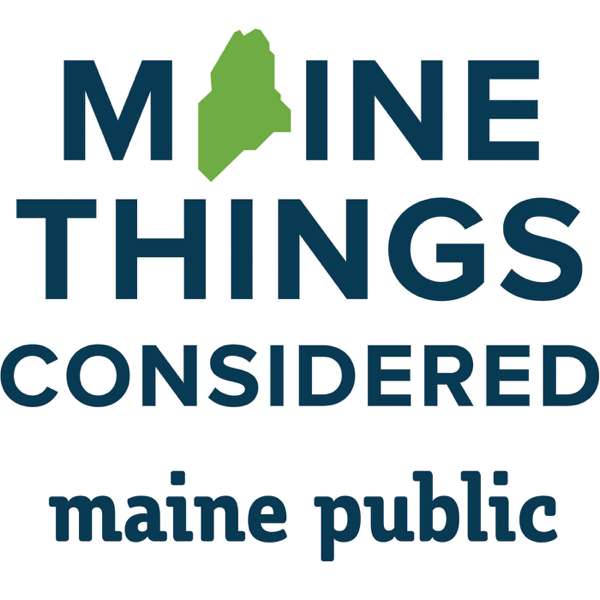Big data, the cloud, analytics, AI, and machine learning. When you hear these words you might think of Google, Facebook or Uber, but not necessarily the US Fish and Wildlife Service.
Today, we live in a world where information is highly prized and becoming increasingly essential in overcoming the many challenges we face, and this includes our capacity to protect and restore wildlife at a time when threats seem greater than ever. The world of wildlife biology can be pretty traditional and there is nothing more iconic than the image of the field biologist, binoculars in one hand and field notebook in the other, documenting important phenomena about wildlife and their habitats. Today, we realize that the data in that notebook has much more value if it can be shared with other biologists, with land managers, or even with policymakers.
📷
📷
Doing this is possible, but it takes significant effort to build the information management systems – databases, apps, etc – that can perform these functions, and in a time when resources are scarce, the daily demands placed upon the personnel of the US Fish and Wildlife Service makes the transition difficult.
This is where the National Wildlife Refuge Association comes in. By providing technical support to wildlife refuges to build robust, cloud-based information systems to handle key data related to land and water management, we empower biologists, refuge managers, and others to make smarter decisions and work more effectively. In making data widely available, we facilitate the use of data at the regional and national levels to address important threats such as invasive species, altered fire regimes, and landscape fragmentation.
Although the trusty field notebook will probably always have its place, the smartphone, and tablet are considered essential gear for the next generation of wildlife biologists.
The National Wildlife Refuge Association is working with US Fish and Wildlife Service in Oregon and Washington to develop these modern tools and put them in the hands of those charged with conserving our nation’s fish and wildlife.

 Our TOPPODCAST Picks
Our TOPPODCAST Picks  Stay Connected
Stay Connected







